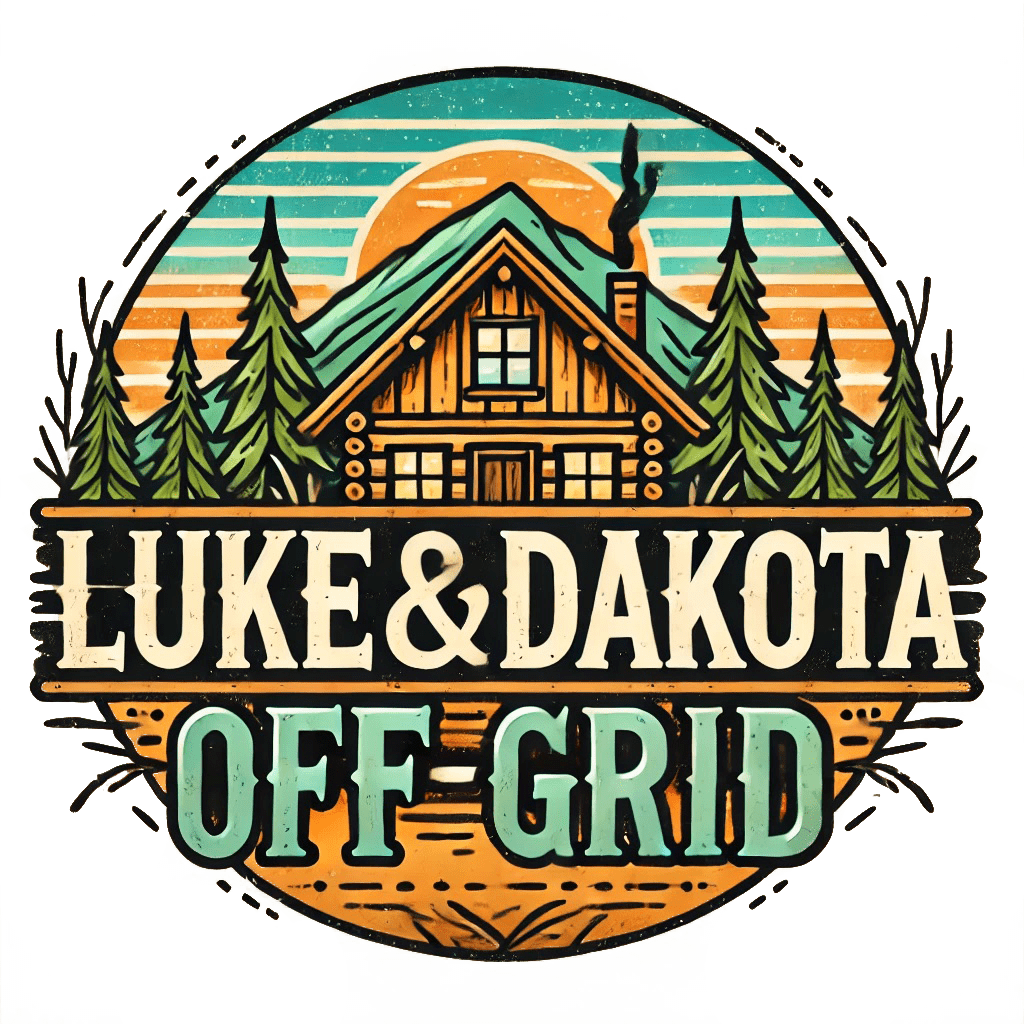Introduction — A World on the Brink
As the world teeters under the weight of inflation, rising energy costs, political unrest, and crumbling infrastructure, more people are waking up to the reality: the systems we’ve trusted aren’t built to last. Modern society thrives on convenience, but that convenience comes with fragility. Going “off the grid” is no longer a fringe idea—it’s fast becoming the only logical choice for long-term survival and independence.
What Does It Mean to Live Off the Grid?
Core Definition
Living off the grid means severing ties with public utilities and creating a self-reliant lifestyle. This includes generating your own electricity, sourcing and purifying your water, growing your own food, and handling your own waste systems.
Misconceptions
Off-grid living isn’t about disappearing into the woods with nothing but a tarp. With modern tools and tech, it’s entirely possible to live comfortably and even luxuriously without depending on failing infrastructure.
For more on what it means to go off the grid, explore the meaning of going off grid.
Signs the Grid Is Becoming Less Reliable
Power Grid Failures and Blackouts
Look no further than recent U.S. energy crises: the Texas winter blackout of 2021, California’s rolling outages, and increasing vulnerability to cyberattacks. Our electrical infrastructure is outdated and increasingly unstable.
Rising Utility Costs
As energy demand surges and fuel prices rise, utility bills are becoming unsustainable for the average household. Being dependent means you’re always one rate hike away from financial strain.
Digital Dependence and Loss of Privacy
Surveillance, censorship, and digital ID systems are becoming the norm. Living off the grid offers a level of privacy and freedom that can’t be matched within the modern matrix.
Off the Grid as the New Survival Strategy
Independence from Fragile Systems
When supply chains collapse, grocery store shelves empty, or city water fails, off-grid living provides the stability and self-sufficiency that modern life cannot.
Off-Grid Living = Long-Term Preparedness
Prepping isn’t just about bug-out bags and food stockpiles anymore. It’s about building a lifestyle that can sustain itself through chaos, disruption, and collapse.
For real-world off-grid tips and how-tos, see our post: How to Build an Off-Grid Shed Home on a Budget.
What You Need to Go Off the Grid
Energy
Solar Power
The most popular and scalable off-grid power solution. A basic setup includes solar panels, batteries, a charge controller, and an inverter.
Backup Systems
Wood stoves, propane generators, and battery banks help provide redundancy in case of cloudy days or system failure.
Water
Rainwater Harvesting
Install gutters and food-safe tanks to capture rainwater. Use pre-filters and UV systems for purification.
Wells and Filtration
A well offers a stable water source, but filtration is essential to make it drinkable and safe. The CDC’s guide to well maintenance is a valuable reference.
Food
Gardening and Permaculture
Raised beds, no-till gardening, and food forests allow year-round food production.
Raising Livestock
Chickens, ducks, goats, and rabbits are great options for meat, eggs, and dairy.
Food Preservation
Learn to can, ferment, dehydrate, and store food in a root cellar to extend your harvest through winter.
Shelter
Housing Options
Tiny homes, cabins, or converted sheds offer low-cost, efficient housing.
Building Codes
Always research your local laws before building. Some areas have strict rules about composting toilets or solar installations.
Why Most People Won’t Make It
The Comfort Trap
Convenience has created dependence. Most people would rather suffer through blackouts and inflation than leave their comfort zones.
Fear of Change
The idea of growing your own food or installing a composting toilet terrifies people raised on fast food and flushable convenience.
Why You Should Start Now
Skills Take Time to Build
It takes time to learn how to grow tomatoes, chop firewood, or fix a solar inverter. Start learning now—before you need to.
Land and Supplies Are Getting More Expensive
As more people wake up, rural land prices and off-grid gear are soaring. Waiting could cost you your chance.
Community Is Key
You don’t have to go it alone. Build relationships with local homesteaders and preppers to barter, share knowledge, and stay strong together.
Our Journey Off the Grid
We bought 7.3 acres in Northwest Arkansas with a dream: build a homestead from scratch and live off the grid. With each solar panel we install and garden bed we dig, we move closer to independence. It hasn’t been easy—but it’s worth it.
Final Thoughts
The world isn’t getting safer, cheaper, or more stable. If you’re still connected to the grid, you’re still dependent on a system that may not be there tomorrow. Going off the grid isn’t about running away from society—it’s about building a future that can withstand whatever comes next.
If you’re serious about starting your off-grid journey, check out our ebook The Ultimate Guide to Off-Grid Living for step-by-step advice, product guides, and real-life insights.

